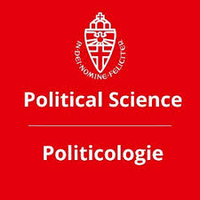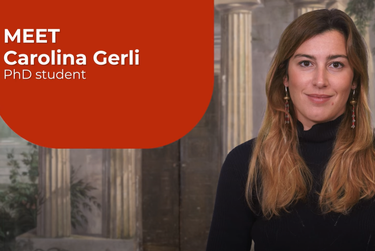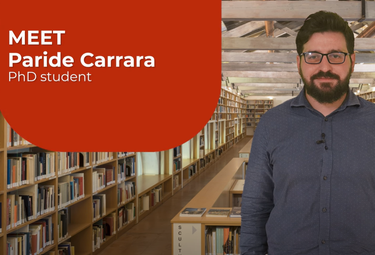Double PhD with Partner
Overview
Find out about the objectives, research areas and career prospects of the PhD programme.
Research topics
In a global context marked by rapid and far-reaching technological, social and geopolitical changes, the ability to critically interpret contemporary phenomena is a crucial challenge: our programme is designed to provide the conceptual and analytical tools necessary to achieve this.
The programme combines a core set of research methodology course units with advanced training in specialised areas, and is structured around three strands:
Political Science
Leggi dettagliInternational Relations
Leggi dettagliSociology
Leggi dettagliProgramme aims
The programme offers a solid theoretical and methodological grounding for those who intend to embark on a career in advanced research in the social sciences.
The PhD programme has had a strong multidisciplinary vocation since the very beginning. Teaching and research draw on different approaches to analysing socio-political phenomena, ranging from political science to sociology, from international relations to area studies. Supporting this integrated approach, intensive teaching in the first and second years is organised around the three core strands of Political Science, Sociology and International Relations (which also includes area studies).
From a methodological point of view, the programme guarantees solid and in-depth learning through a range of theoretical course units and practical workshops that allow students to consolidate advanced skills in both quantitative and qualitative analysis. This is further enhanced by the diversity of the disciplinary and cultural backgrounds of the doctoral students, which helps contribute to lively and stimulating scientific debate.
The programme includes numerous activities for developing essential soft skills, including seminars on European funding, workshops for producing scientific manuscripts, and meetings on ethics and safety in field work.
Special attention is also paid to emerging issues in contemporary societies, such as digital transition, climate change, sustainability and conflict management, which are explored in depth through a comprehensive programme of seminars, some of which organised directly by doctoral students, promoting a participative and collaborative approach.
Expected learning outcomes
Leggi dettagliProspects
The PhD programme in Political and Social Sciences aims to prepare students for academic careers or highly qualified professions within public and private, national and international organisations, or for the independent development of their entrepreneurial skills. While an academic career is the natural outcome of any doctoral programme, there are also professional fields to which the doctoral programme may provide privileged access, such as:
- private enterprise
- international organisations and European institutions
- public administration
- strategic consulting firms
- public and private research centres.
The specific content of the study programme enables students to acquire general tools and knowledge and, at the same time, to provide tangible solutions to policy problems, a combination of skills in high demand in both specialised research centers and international and national institutions.
Research funding and support
The PhD programme has established partnerships with external organisations, resulting in a number of funded scholarships becoming available. For the 39th cycle in particular, the Emilia-Romagna Region has funded two scholarships as part of research training projects on the theme of: 'Technological, cultural, economic and social transition towards sustainability'. For the 40th cycle, the Emilia-Romagna Region has funded four scholarships: two as part of the aforementioned project and two as part of the 'Sustainability and resilience of society, communities and territories’ project.
An international experience based in Bologna
Doctoral activities take place mainly in Palazzo Hercolani and nearby facilities in Bologna, where students become part of a vibrant academic community of junior and senior scholars active in the fields of sociology, political science, area studies and international relations.
Alongside the on-campus experience, the PhD programme boasts a strong international dimension: all doctoral students are required to carry out a research period abroad (minimum six months), with the financial and organisational support of the Department.

The programme also offers the opportunity to pursue a double PhD qualification through an agreement with Radboud University in Nijmegen (The Netherlands) consisting of a specific one-year scholarship.


